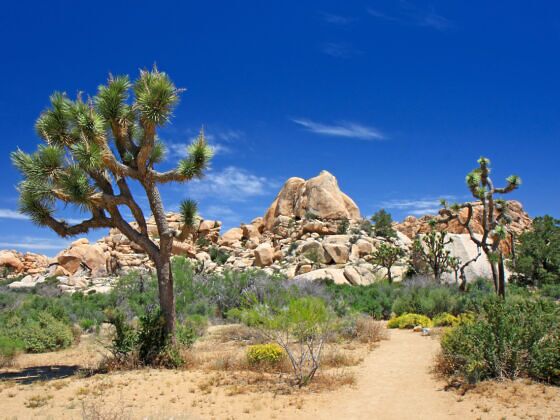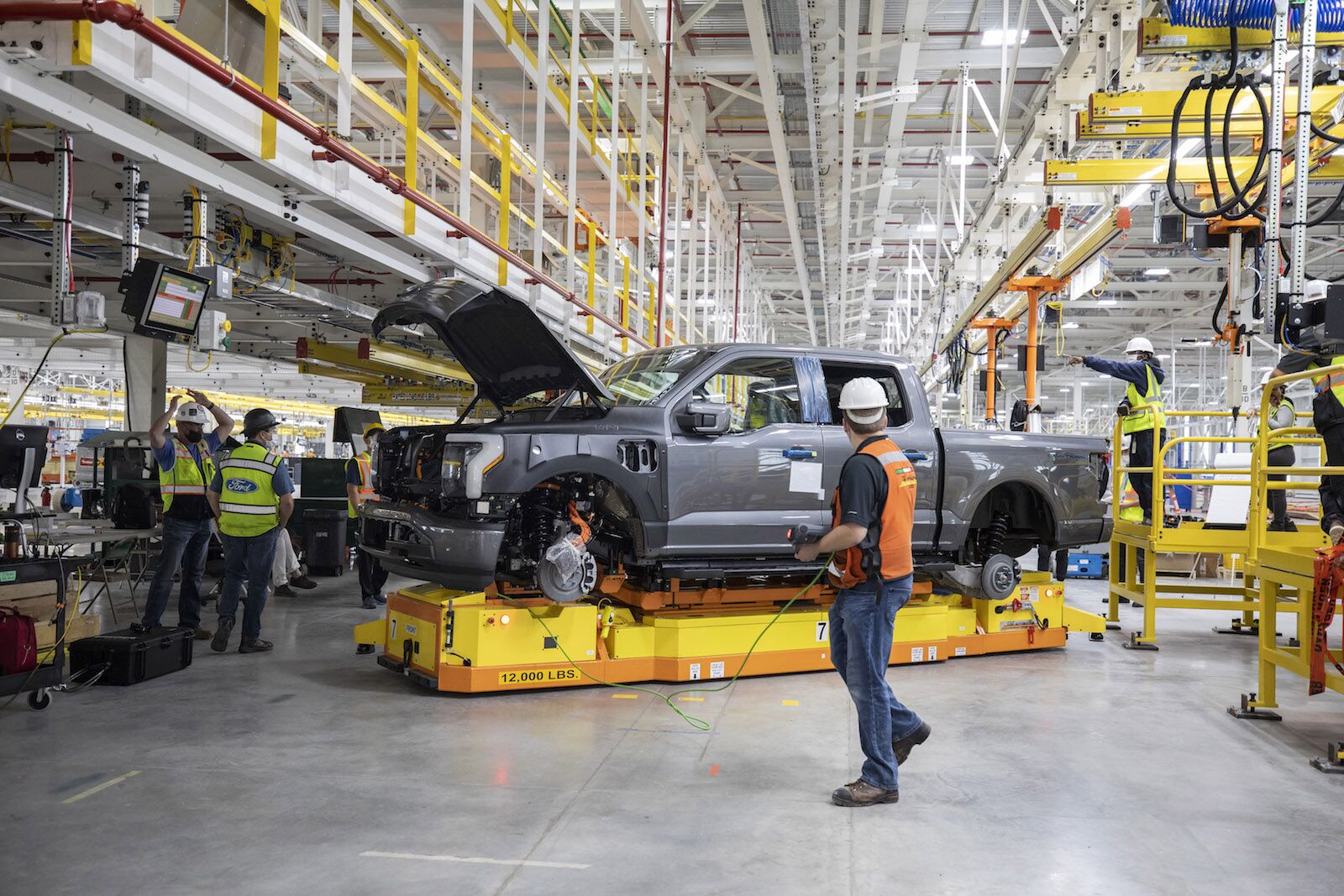This is The Climate Win, the most positive sustainability news around the world every week.
CALIFORNIA’S FAMED JOSHUA trees are in serious danger. Studies show that threats from residential development, wildfires fueled by invasive grasses, and other serious climate impacts could render the tree that inspired Joshua Tree National Park nearly extinct by 2100. Now, a major effort led by non-profit environmental group WildEarth Guardians has scored a major victory in an effort to gain the protection that comes with listing Joshua trees as “threatened” under the Endangered Species Act (ESA).

